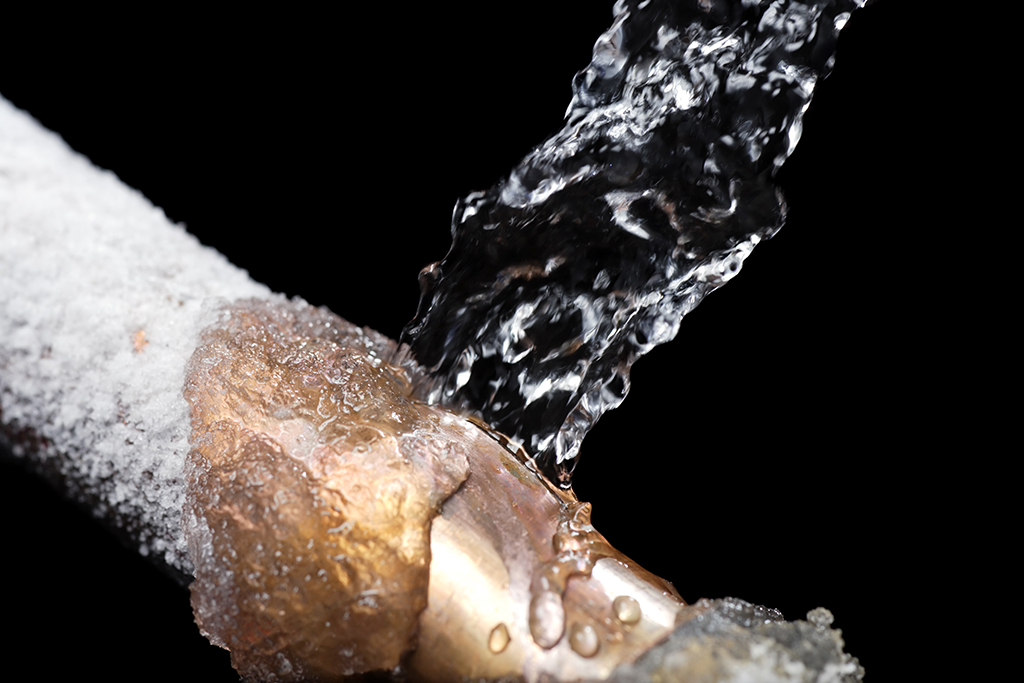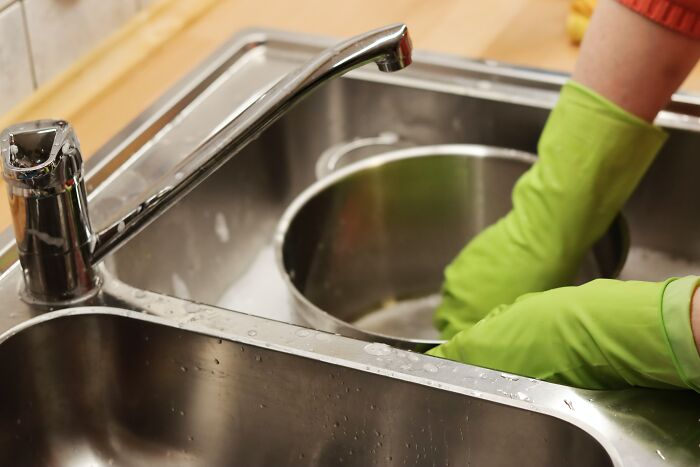Clever Winterizing Solutions: A Handful of Approaches to Guard Your Pipes in Cold Weather
Clever Winterizing Solutions: A Handful of Approaches to Guard Your Pipes in Cold Weather
Blog Article
Just how do you actually feel in regards to How to stop pipes from freezing during the winter?

All home owners that stay in pleasant climates should do their best to winterize their pipelines. It is something you have to do throughout fall before deep wintertime really begins. Failing to do so can spell calamity like frozen, broken, or ruptured pipes. Here are some useful winterizing hacks to keep your plumbing system safeguarded even if the weather exterior is frightful.
Switch on the Faucets
When the temperature level drops as well as it seems as if the icy temperature level will certainly last, it will certainly aid to transform on your water both indoors and outdoors. This will maintain the water moving via your plumbing systems. You'll finish up wasting gallons of water this way.
Open Cabinet Doors Hiding Plumbing
When it's cold outside, it would certainly be handy to open cupboard doors that are masking your pipes. Doing this little method can keep your pipes warm as well as restrict the possibly harmful results of freezing temperature levels.
Take Time to Wrap Exposed Pipeline
One very easy and also nifty hack to warm up frigid pipes is to cover them with warm towels. You can cover them first with towels. After protecting them in place, you can pour boiling water on the towels. Do it slowly to let the towels soak up the liquid. You can also use pre-soaked towels in hot water, simply do not fail to remember to use protective handwear covers to guard your hands from the warmth.
Try a Hair Clothes Dryer or Warm Weapon
When your pipelines are nearly freezing, your trusty hair clothes dryer or warm gun is a blessing. If the hot towels do not help displace any type of clearing up ice in your pipes, bowling hot air straight into them might aid. You may finish up damaging your pipelines while attempting to melt the ice.
Shut down Water When Pipes are Frozen
If you observe that your pipelines are entirely frozen or practically nearing that stage, transform off the main water shutoff immediately. You will usually find this in your basement or utility room near the heater or the front wall closest to the street. Transform it off immediately to prevent more damages.
Don't neglect to shut exterior water sources, also, such as your hookup for the yard house. Doing this will certainly prevent extra water from filling out your plumbing system. With even more water, more ice will certainly pile up, which will at some point lead to break pipelines. If you are unsure regarding the state of your pipelines this winter, it is best to call a professional plumber for an inspection. Taking this proactive strategy can conserve you thousands of bucks out of commission.
All property owners that live in pleasant environments need to do their finest to winterize their pipelines. Failure to do so can spell disaster like icy, fractured, or ruptured pipes. If the hot towels do not aid remove any type of working out ice in your pipes, bowling warm air directly into them might assist. Transform off the primary water valve instantly if you see that your pipelines are completely icy or practically nearing that stage. With more water, even more ice will certainly load up, which will at some point lead to rupture pipelines.
PREVENT YOUR PIPES FROM FREEZING THIS WINTER
A Leading Cause of Property Damage
When the weather is taking a deep nose dive into the cold dreary days, the risk of your pipes freezing and potentially bursting skyrockets. Unfortunately, during these cold dreary months, burst pipes are the most common denominator for property damage. The pipes that are most at the risk are those that are in areas where it is most cold in your home. For instance, pipes located in interior places such as basements, attics, and your garage. Unfortunately, that doesn’t mean that the pipes running through your cabinets or exterior walls can’t freeze. Good news, however, is that you can do things to help prevent pipes from freezing.
How to Prevent Pipes From Freezing
Once the temperature starts to drop during the winter, you should be taking the proper measures needed to ensure that your pipes stay warm and that there is circulation of water through them. Some steps that experts may recommend could go against your better judgement when it comes to saving water and heat. However, it would go without saying that when expenses are compared, damaged pipes could put a bigger dent in your wallet than a water bill.
What Can I Do?
Keep your garage door closed. This is very important, especially if you have water supply lines running through your garage. Open your kitchen and bathroom cabinets to allow warm air to circulate through them. Allow air circulation throughout your home. Keeping the interior doors open will once again allow the warm air to circulate inside your home. Ensure your thermostat is running the same temperature throughout the night and day. If you plan to be away from home during the cold months, set your temperature no lower than 55° F. This should provide enough heat to keep the pipes warm and prevent any remaining water inside the pipes from freezing. For more of a long-term solution, add insulation to attics, basement, and other crawl spaces around your home. By allowing your faucet to drip, it will alleviate pressure in the system. This is important because the pressure that is created between the blockage and the faucet can potentially cause the pipes to burst. Allowing the faucet to drip will prevent the pressure from building up, therefore keeping the pipes from bursting. Seal any cracks, openings, and crawl spaces around your home to prevent cold air from coming inside. This keeps your pipes-not to mention your home-warmer and less susceptible to issues caused by freezing temperatures. For the pipes in your home that are easily accessible, applying electrical tape to them might prevent them from freezing over. This is a quick fix, as you can apply the tape directly to the pipe. There are two options for heating tapes. One turns on and off by itself when it senses heat is needed. The other type of heating tape needs to be applied when heat is needed and removed when not necessary. If you have exposed pipes in your home, you can check this website to take a look at a few options that would be available at a shop near you.

I am just very fascinated by Prevent Freezing and Bursting Pipes and I'm hoping you appreciated the page. Sharing is caring. One never knows, you may very well be doing someone a favor. Thanks for going through it.
Fast response, call now! Report this page